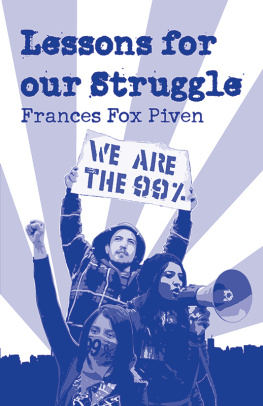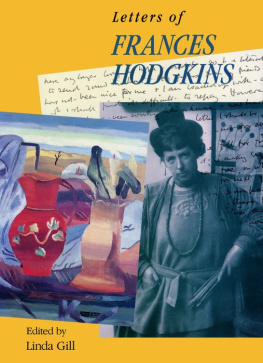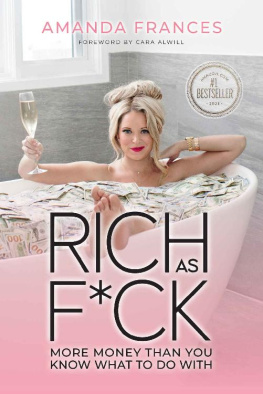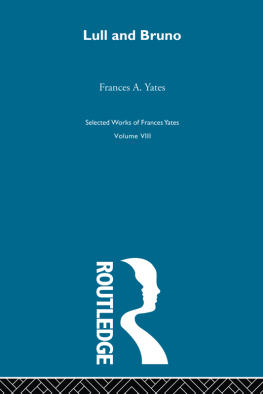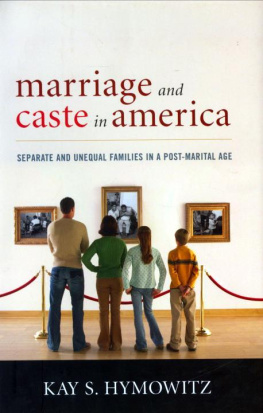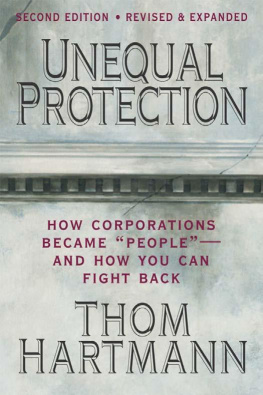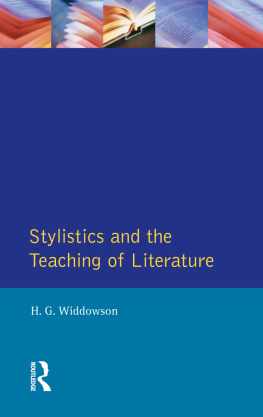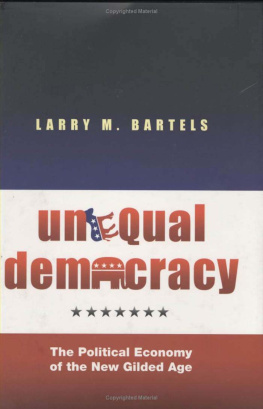The University of Ottawa Press (UOP) is proud to be the oldest of the francophone university presses in Canada and the only bilingual university publisher in North America. Since 1936, UOP has been enriching intellectual and cultural discourse by producing peer-reviewed and award-winning books in the humanities and social sciences, in French or in English.
Library and Archives Canada Cataloguing in Publication
Title: Separate but unequal : how parallelist ideology conceals indigenous dependency / Frances Names: Widdowson, Frances, 1966- author.
Series: Politics and public policy (University of Ottawa Press)
Description: Series statement: Politics and public policy | Includes bibliographical references and index.
Identifiers: Canadiana (print) 20190194014 | Canadiana (ebook) 20190194138 | ISBN 9780776628547 (softcover) | ISBN 9780776628837 (hardcover) | ISBN 9780776628554 (PDF) | ISBN 9780776628561 (EPUB) | ISBN 9780776628578 (Kindle)
Subjects: LCSH: Indians of North AmericaCanadaGovernment relations. | LCSH: Indians of North AmericaCanadaEconomic conditions. | LCSH: Indians of North AmericaCanadaSocial conditions.
Classification: LCC E78.C2 W4887 2019 | DDC 305.897/071dc23
Legal Deposit: Second Quarter 2019
Library and Archives Canada
University of Ottawa Press 2019
Printed and bound in Canada
Copy editing | University of Ottawa Press |
Proofreading | Heather Lang |
Typesetting | discript enr. |
Cover design | discript enr. |
Cover image | Estudio Javier Jaen, Barcelona. @javierjaen |
The University of Ottawa Press gratefully acknowledges the support extended to its publishing list by the Government of Canada, the Canada Council for the Arts, the Ontario Arts Council, and the Federation for the Humanities and Social Sciences through the Awards to Scholarly Publications Program, and by the University of Ottawa.
T he publication of this book was a long and arduous process, and many people should be thanked for giving me the strength to persevere. This book began as a dissertation, and without the support of my supervisor, Professor Leo Panitch, I would never have been able to complete this foundational document. While Dr. Panitch and I disagreed about many things, I always appreciated his honesty and sharp mind; the criticisms that he made helped me to think more deeply about the political economy of indigenousnon-indigenous relations.
Writing my dissertation also was beneficial because it enabled me to meet Professor Alan Cairns, who was the external examiner. I was fortunate to become friends with Dr. Cairns and his partner, Anne Dagg. Much encouragement was provided to me over the years from this smart, generous, and kind man. His death in 2018 was a terrible blow, and I continue to miss the email exchanges with my political science buddy.
Over the last eleven years I have had the privilege of working at Mount Royal University. While facing opposition from time to time, I have come to appreciate the intellectual dynamism of this wonderful institution. I now greatly value the efforts of the past provost, Robin Fisher, and Deans Manuel Mertin and Jeff Keshen. They supported my academic freedom to undertake research in this contentious area, and protected me when necessary. Provost Lesley Brown has continued to show impressive leadership in supporting academic freedom and freedom of expression at Mount Royal University.
I also have been fortunate to work with a number of supportive colleagues over the years. In the Department of Economics, Justice, and Policy Studies, I have received advice and encouragement from Miriam Carey, Ambrose Leung, David Sabiston, Keith Brownsey, Berry Kebede, Lavinia Moldovan, Ben Kusi-Seykere, and Gerard Lucyshyn. Outside the department, I have been assisted by David Clemis, Sinclair MacRae, Allan Dwyer, Christine Giancarlo, Kathryn Brownsey, Cliff Werier, Lee Easton, Indy Lagu, and Marc Schroeder. Of particular significance has been the strength offered by the formation at the university of the Rational Space Network. In this organization, I have enjoyed the company of a number of courageous academics with intellectual integrityElaine Mullen, Peter Zizler, Paul Johnston, Gerry Cross, Bill Glanzman, Shawn England, Yuhuan Wang, Bob Uttl, and Mirjam Knapik. Nationally, board members from the Society for Academic Freedom and Scholarshipespecially Mark Mercer, Tom Flanagan, Rodney Clifton, John Mueller, Andrew Irvine and Peter Suedfeldhave offered a great deal of support. Academics Malcolm Bird, Joanne Boucher, Jon Bradley, Massimo Pigliucci, Leslie Pal, Elizabeth Rata, Anthony Dillon, Kenneth Westhues, Heinz Klatt, Philip Sullivan, Bruce Pardy, Stephen Perrott, Denis Rancourt, Adle Mercier, Philip Resnick, Alan Sokal, and David Newhouse have contributed to my perspective in various ways. Four policy-studies students assisted me with researchLawrence Davidson, Dustin Rogers, Miranda Anderson, and Ezra Voth.
Numerous friends and relatives also have been very helpful. Thanks are owed to Doug McClintock, Tiziana Carafa, Filippo Speranza, Tim Maki, Rebecca Ewing, Dennis Brown, Kathy Bonitz, Dennis and Alice Bartels, Dave Boulet, Sandra Peltier, Darrel Furlotte, Lise Bois, Jack Fertile, Helen McPhaden, Vaughn Marshall, Linda Bruce, Colin Alexander, Doug Johnson, Joe and Malcolm Lane, Tim Williams, Bal and Mary Russell, Curtis Anderson, Anna Wheeler, and the late Colin Green. My father, Tom Widdowson, as well as my sister, Katherine Widdowson, put up with my whinging over the years. Unfortunately, my mother, Ann, did not live long enough to see the publication of this book.
With respect to the publishing process, I would like to thank Peter Holle from the Frontier Centre for Public Policy for backing the book. At the University of Ottawa Press, Lara Mainville, Linda Cardinal, Elizabeth Schwaiger, Caroline Boudreau, and Veronica Omana offered their guidance in jumping through numerous hoops. The press provided great copy-editing and Judy Dunlop developed a comprehensive index. The University of Ottawa Press should be commended for taking a stand and having the academic integrity to open up scholarly debate on a very serious policy issue that is constrained by numerous taboos.
Of all the people who helped me along the way, the most gratitude is owed to my husband, Albert Howard. Through our daily discussions over the past twenty-six years, it is hard to know which ideas are mine and which are his. This book, therefore, should really be seen as the result of our ongoing intellectual partnership.
Finally, to indigenous and non-indigenous people everywhere who are fighting back against politically correct totalitarianism and groupthinkillegitimi non carborundum!





